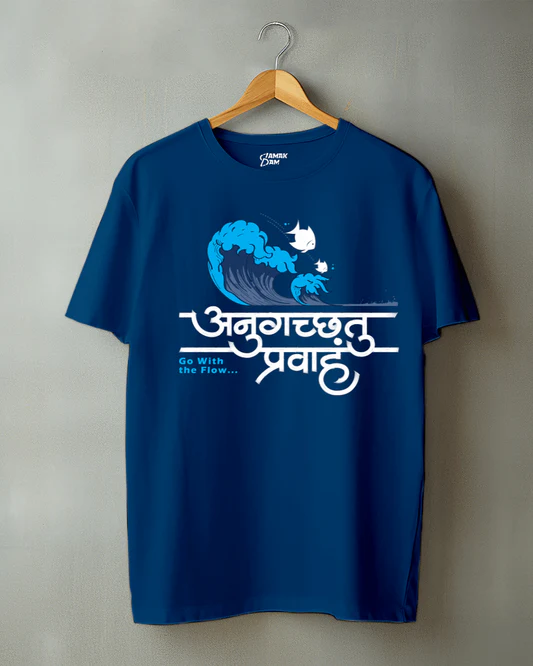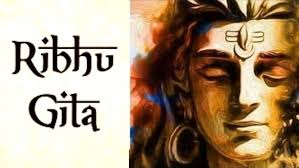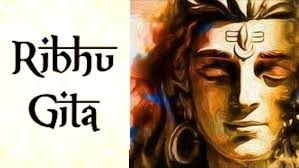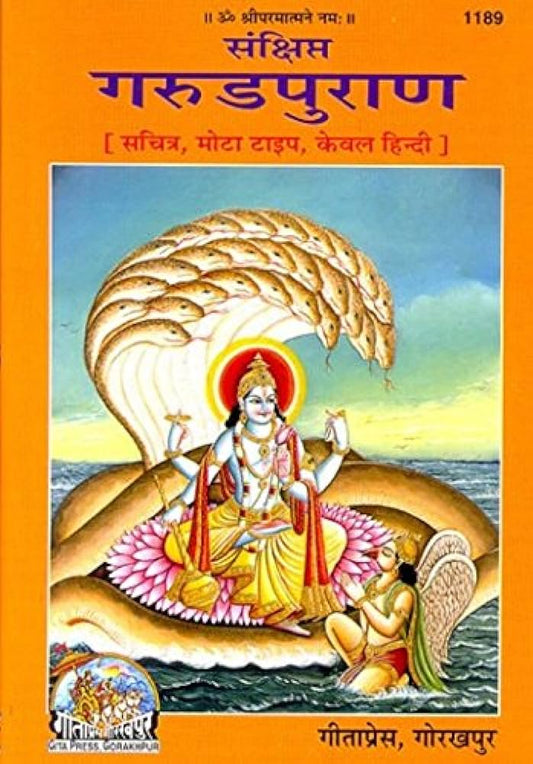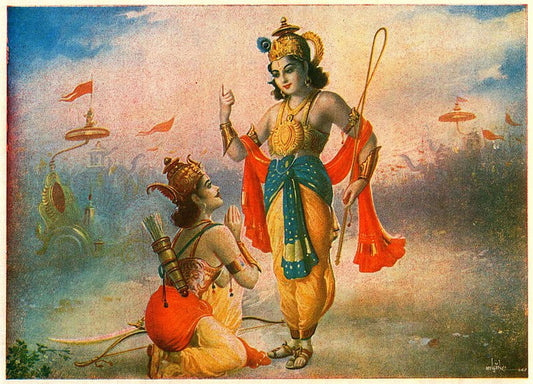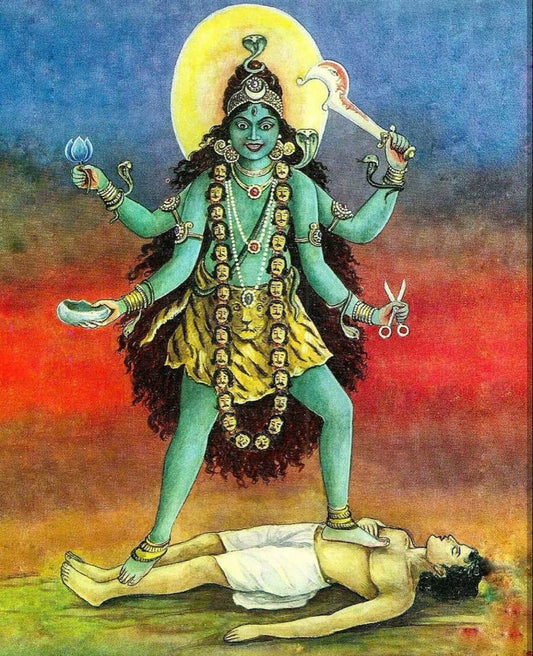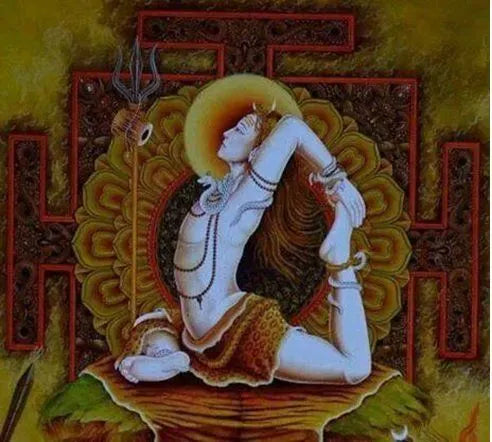Shloka, mantra, sutra, and stotra are all different forms of sacred verses or hymns used in scriptures and spiritual practices. Here's a brief explanation of each term:
-
Shloka: A shloka is a verse composed of two lines, typically written in Sanskrit. It usually follows a specific meter and has a poetic and rhythmic quality. Shlokas are often used to convey philosophical or moral teachings, describe deities or events, or express devotion. They are commonly found in texts such as the Bhagavad Gita, Ramayana, and Mahabharata.
-
Mantra: A mantra is a sacred sound, word, or phrase that is repeated or chanted during meditation or spiritual practices. Mantras are believed to have a transformative and purifying effect on the mind and consciousness. They can be in Sanskrit or other languages and are often associated with specific deities or spiritual qualities. Mantras are considered to have spiritual power and are used to focus the mind, cultivate inner states, and invoke blessings.
-
Sutra: A sutra is a concise and aphoristic statement that conveys profound teachings or principles in a condensed form. Sutras are typically written in Sanskrit and are found in ancient texts such as the Yoga Sutras of Patanjali or the Brahma Sutras. They are meant to be memorized and contemplated, providing a concise framework for understanding and practicing complex spiritual concepts.
-
Stotra: A stotra is a hymn or devotional composition dedicated to a deity or spiritual figure. Stotras are often used as a form of prayer, praise, or invocation. They are typically longer than shlokas and may consist of multiple verses or stanzas. Stotras express devotion, gratitude, and reverence towards the divine and are chanted or recited as part of religious rituals or personal devotional practices.
While there are overlaps in their usage and purposes, the primary differences lie in their form, structure, and intended use. Shlokas and stotras are typically longer verses used for poetic or devotional purposes, while mantras are specific sounds or words repeated for spiritual purposes. Sutras, on the other hand, are concise aphorisms that encapsulate profound teachings or principles.








